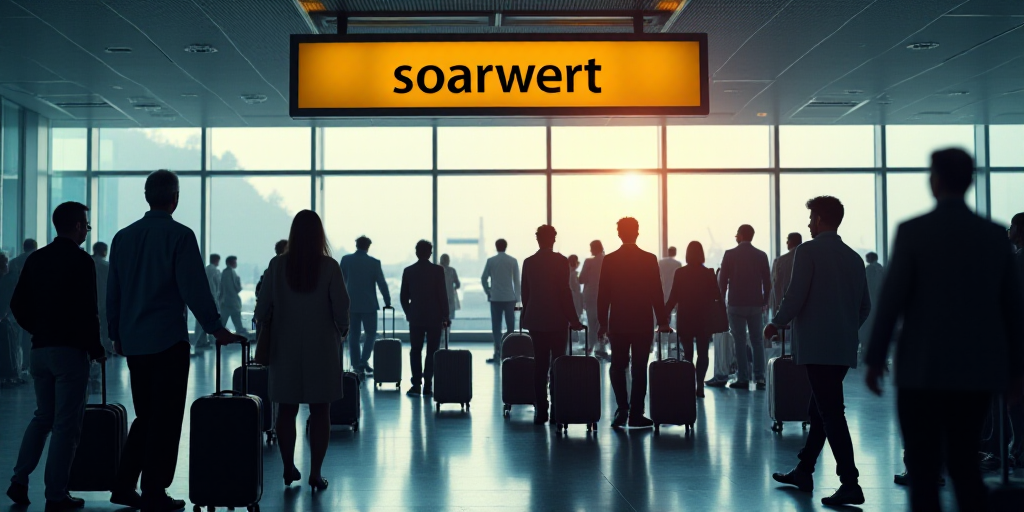Introduction
Is there a Trump effect on tourism? European travelers are hesitant to visit the United States, with irregular bookings in the first months of the year and a pessimistic climate among tourism professionals just as the Northern Hemisphere summer approaches.
Personal Accounts of Travelers
Raphaël Gruber, a 60-year-old French doctor: “The country I once knew no longer exists,” Gruber told AFP. He and his family used to visit Cabo Cod, Massachusetts annually since 2018. “Previously, telling immigration officers we were coming to watch whales was a good reason for visiting. Now, there’s fear of everything related to foreigners,” he added from Frankfurt.
Matt Reay, a 35-year-old British professor: “I decided not to travel to the U.S.,” Reay said. “Instead, I chose South America, where my money will likely be better spent.” He expressed feeling unwelcome as a foreign visitor in the U.S., stating, “The atmosphere is a bit flat.”
Travel Trends and Statistics
In the U.S., visitor arrivals from Western Europe fell by 17% in March but increased by 12% in April compared to the same period in 2023, according to the U.S. travel agency.
- German arrivals decreased by 28% in March but rose by 14% in April due to delayed spring breaks this year, according to Torsten Schäfer, spokesperson for the German Tourism Association (DRV).
- There have been almost no requests for reservation changes or cancellations, but there has been a significant increase in inquiries about U.S. entry conditions.
In late March, several European countries advised their citizens to be cautious about the documents required for traveling to the U.S.
Impact on the U.S. Tourism Industry
Oxford Economics highlighted that the decline in March was due to “the polarizing rhetoric and political actions of the Trump administration, as well as concerns about stricter immigration and border policies.”
The April increase can be attributed to promotional flight deals, particularly to New York, noted Didier Arino, director of the French consultancy Protourisme.
In Germany, Muriel Wagner, a 34-year-old doctoral student, decided to keep her trip to Boston to visit a friend at Harvard University despite political tensions and trade wars with the U.S.
“We wondered how the political situation and the trade war with the U.S. would affect our trip,” Wagner explained. “Don’t let it intimidate you,” she added, eager to meet Americans and discuss the situation.
Arino estimates that the “Trump effect” in France has caused a 25% decrease in intentions to travel to the U.S. this year.
- French traveler numbers dropped by 8% in March, with a further decline of 12% in April, according to an organization representing over 1,600 tourism companies.
- Summer travel to the U.S. has decreased by 11%.
According to a World Travel and Tourism Council (WTTC) study involving major global tourism operators, the U.S. tourism sector could lose $12.5 billion in international visitor spending this year.
Key Questions and Answers
- Q: Why are European travelers hesitant to visit the U.S.? A: Many Europeans are concerned about the political climate, stricter immigration policies, and trade tensions with the U.S.
- Q: How have travel trends changed due to these concerns? A: There have been irregular bookings, a decline in visitor arrivals from Western Europe in March (though an increase in April), and a general decrease in travel intentions to the U.S.
- Q: What is the potential financial impact on the U.S. tourism industry? A: The World Travel and Tourism Council estimates a possible loss of $12.5 billion in international visitor spending in the U.S. this year.






